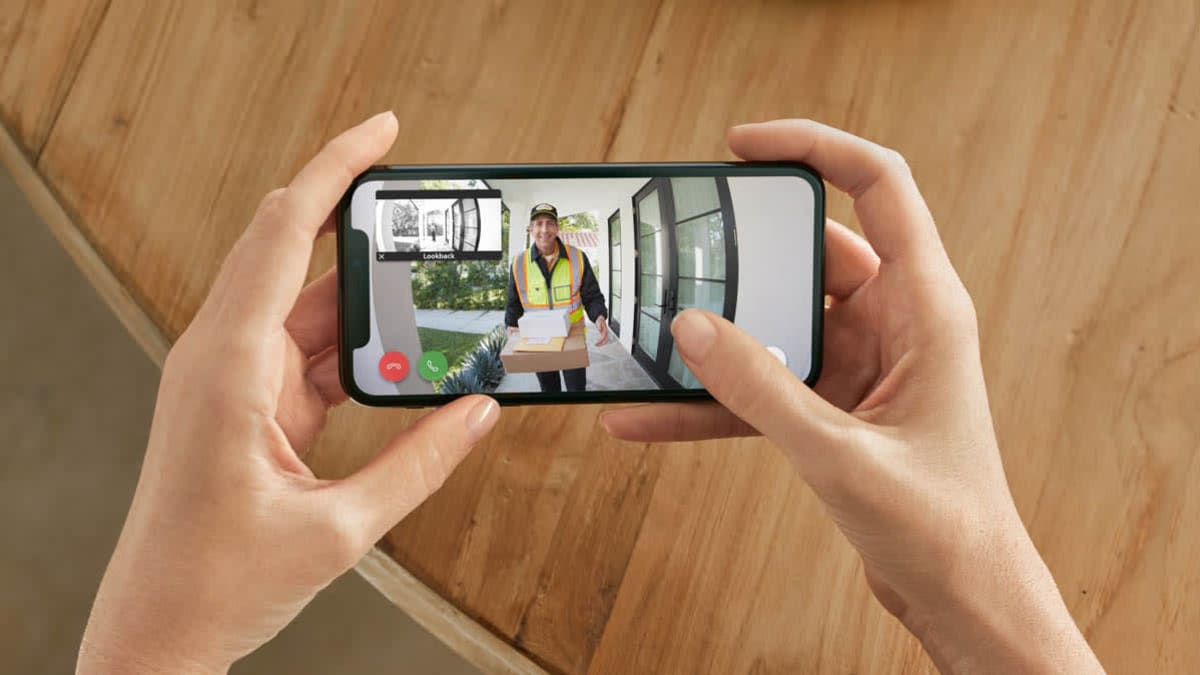How do police and fire departments request videos from Ring owners?
When law enforcement wants to collect footage from owners of Ring devices, they create a message requesting assistance through the neighbors’ public safety department. Ring users within a certain distance of the incident will then receive a notification about the post.
What do support request messages look like?
The message will detail the incident being investigated, the name of the police department, the officer’s name, the date and time period the officer is interested in, and the geographic area of the incident.
What are your options when you see a support request message?
You have four options: 1. You can share all the recordings you have for this period. 2. You can review your recordings for this period and select the recordings you want to share. 3. You can just ignore the message. 4. You can ignore the post and unsubscribe from all future support requests.
What if you provide images?
If you choose to share a video, Ring will provide law enforcement with your email address and physical address. Ring allows police access to the footage for 30 days, but as long as they upload it within that time, they can keep it for as long as public safety procedures and applicable law allow.
What happens if you ignore the post?
Nothing. Ring will not allow law enforcement to access your cameras, videos, or personal information.
Can law enforcement see live video feeds from your Ring cameras?
According to Ring, law enforcement never has access to your cameras or devices, whether or not you share videos with them.
How can you tell if your local police and fire departments have partnered with Ring?
To find out if your local law enforcement uses Neighbors Public Safety, see Ring’s Map of active agencies.
Can you turn off support request messages before you receive one?
Yes, you can disable support request posts from the Control Center settings dashboard in the Ring mobile app. For instructions, see our guide to use the Ring Control Center to improve your privacy and security.
Can you disable the Neighbors by Ring social network?
Yes, you can turn off the Neighbors by Ring social network feed to stop receiving messages from law enforcement and other Ring users. You will also no longer be able to create posts. For instructions, see our ring control center guide.
Are there other ways for law enforcement to get your camera footage?
Yes. No matter who makes your security camera or video doorbell, be it Ring, Google Nest, Arlo, etc., the police can always knock on your door and demand footage. Of course, at this stage, you can always refuse to provide them with images. But if they really want those images, they could try to get them with a warrant or a subpoena.
Can law enforcement bypass you and get your footage from the camera manufacturer?
Yes, if the video is stored in the cloud on the manufacturer’s servers and law enforcement has a binding legal order, such as a warrant or subpoena. If the footage is stored locally on the camera (in the camera’s internal memory or on an SD card), the police may need to come to your home to try to obtain it.
Will Ring’s end-to-end encryption prevent law enforcement from receiving your videos?
Yes, Ring cannot decrypt end-to-end encrypted videos for law enforcement. To enable end-to-end encryption on compatible Ring cameras, see our ring control center guide.
Will the manufacturer comply with warrants and subpoenas?
Consumer Reports contacted a number of major camera and doorbell makers to find out how they handle warrants and subpoenas. Eleven brands – Amazon Cloud Cam, Arlo, August, Blink, Blue by ADT, Canary, D-Link, Eufy, Google Nest, Ring and SimpliSafe – responded to our request. Most representatives said they oppose overly broad requests and only provide data when they are legally required to do so. It should be noted that Arlo indicates that it will provide video only in a criminal case and only pursuant to a legally binding order supported by probable cause. Ring also says he will only hand over the footage if he receives a warrant.
Will the manufacturer let me know when they provide images?
Of the 11 brands we heard about, all but three will let you know when they need to release images due to a request, as long as they’re not legally prohibited from doing so. Exceptions are Arlo, Blue by ADT, and SimpliSafe. Arlo and SimpliSafe will not notify users; Blue by ADT did not specify either way.

